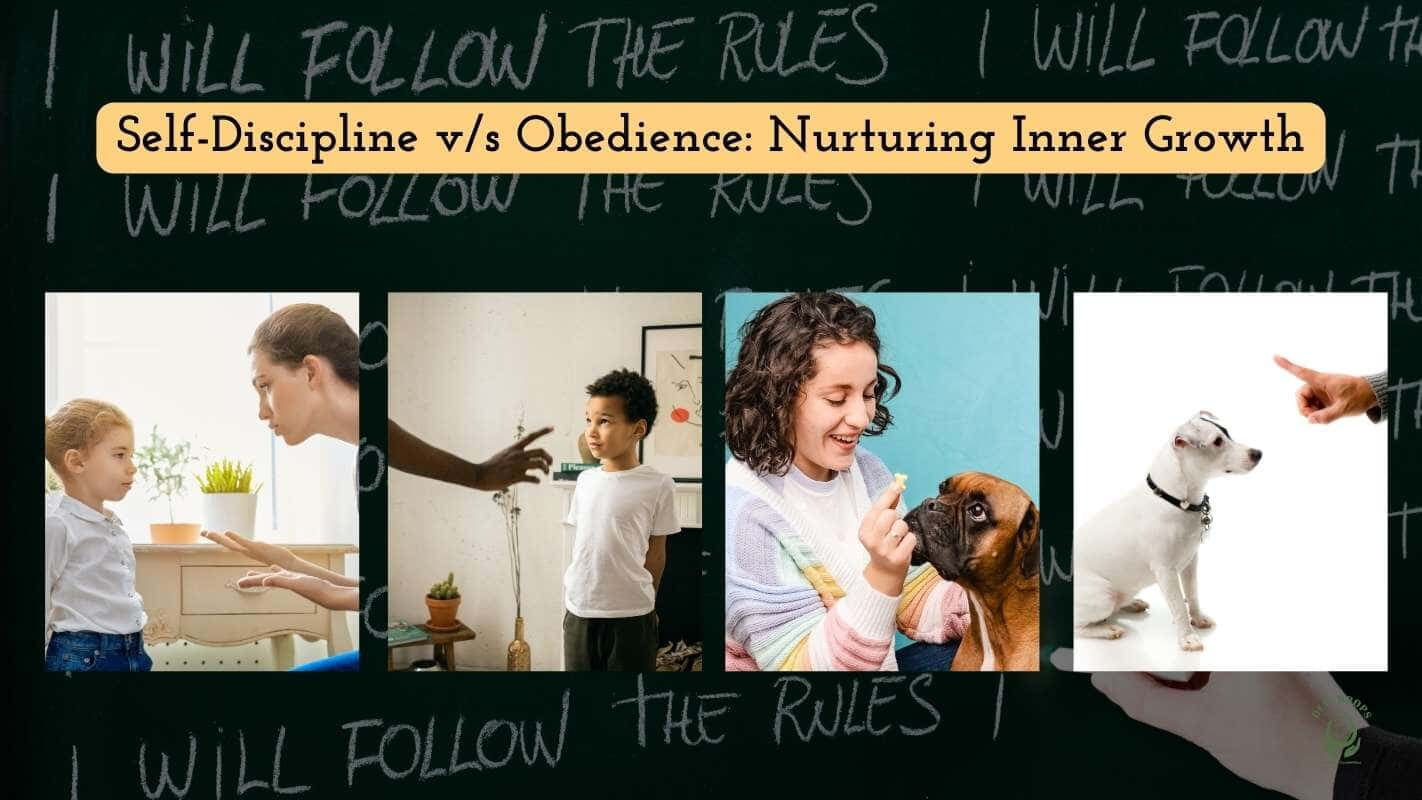Self-Discipline v/s Obedience: Nurturing Inner Growth

But can obedience, enforced through rules and punishment, truly nurture discipline? Mainstream approaches tend to emphasize controlling student behavior through sanctions or intimidation. Yet, when punishment is the primary method for instilling discipline, it risks creating a sense of compliance rather than fostering authentic, internalized self-discipline.
The core question is: are children naturally disobedient?
In truth, children are born with neither obedience nor defiance—they simply adapt to the environments and behaviors they experience from birth. Early behaviors, whether positive or negative, stem from their surroundings. From birth until around age three, children are highly impressionable, absorbing behaviors and responses from their primary caregivers and environments. Parental stresses, family dynamics, and even experiences in daycare or early learning centers deeply influence the foundation of a child’s social-emotional growth during this formative phase.
Between ages three and six, children develop more conscious awareness, but they continue to absorb information unconditionally. During these years, external forces—both nurturing and adverse—play a significant role in shaping a child’s perception of discipline and autonomy. It’s crucial to provide an environment that supports self-regulation, guiding children toward self-discipline rather than imposing obedience.
Nurturing Self-Discipline through Nature
In the Montessori perspective, children thrive when they follow their natural developmental paths. In an environment free of contradictions or punitive measures, a child can exist in what Dr. Montessori called their “true state,” following nature’s course without artificial interference. When allowed to explore, make choices, and understand the outcomes of their actions, children begin to cultivate an awareness that blossoms into self-regulation.
At Dew Drops Academy, we believe that self-discipline develops naturally when children are given an environment rich in respect, freedom within limits, and opportunities to engage with learning materials purposefully. In this prepared environment, children internalize self-discipline through experiences that encourage them to act thoughtfully, respectfully, and independently. The nurturing of self-regulation and personal responsibility during these foundational years builds qualities that endure into adulthood.
True discipline is not imposed from the outside — it grows from within.
At Dew Drops Academy, we are committed to providing each child with the support, guidance, and environment they need to develop into self-disciplined, self-aware individuals.
